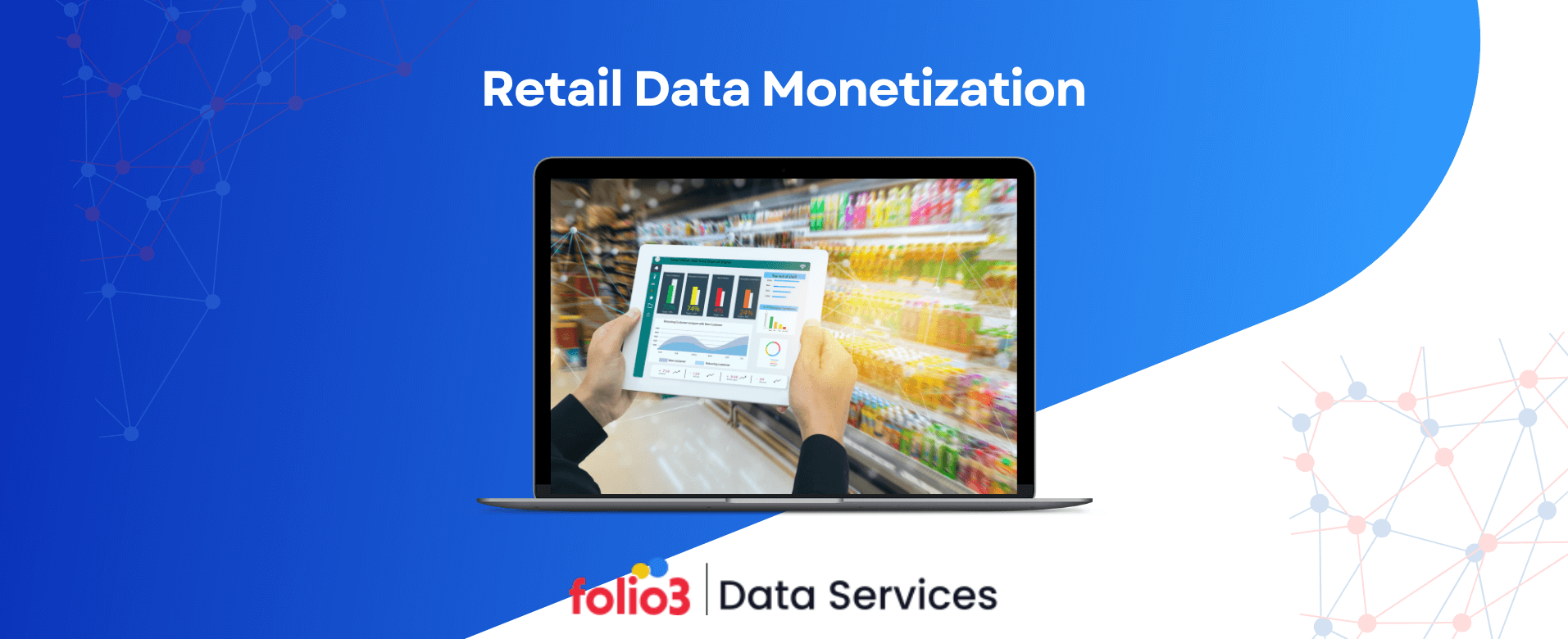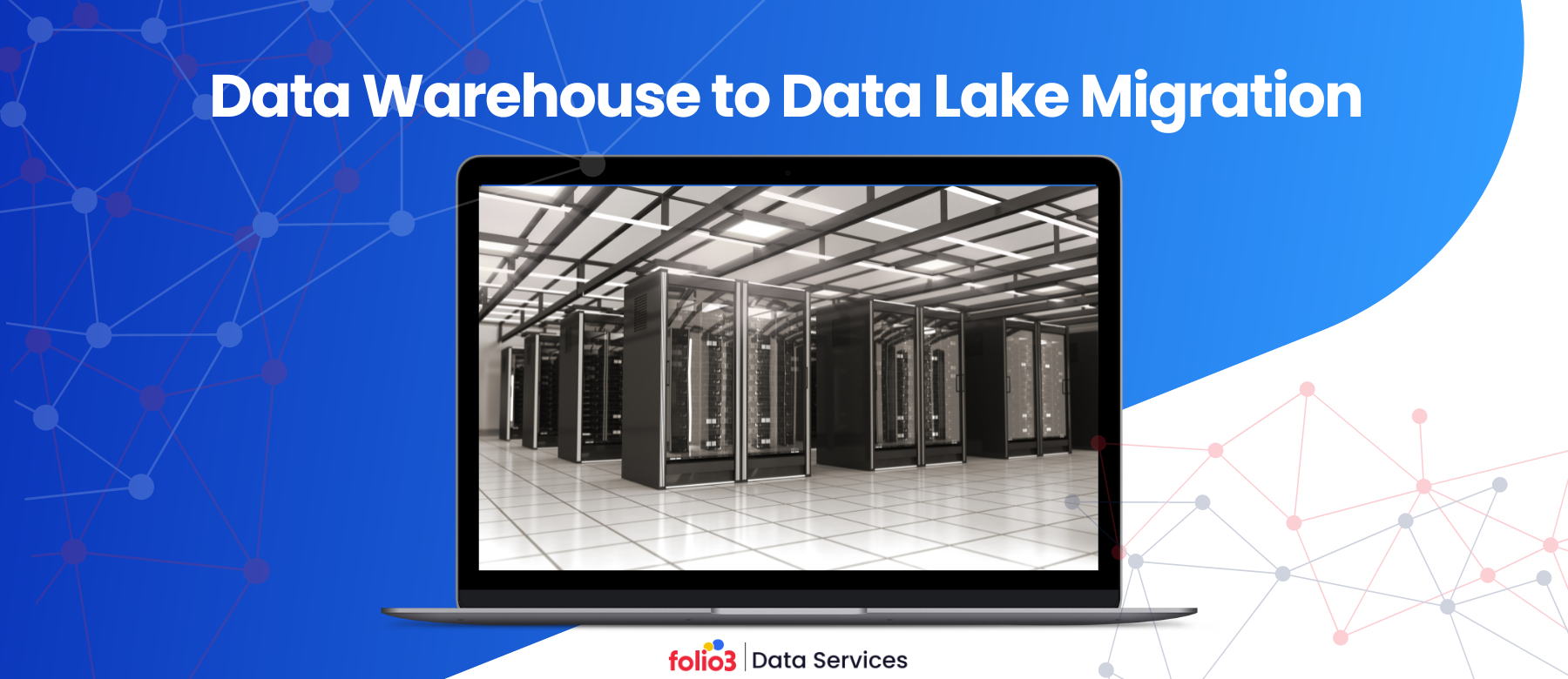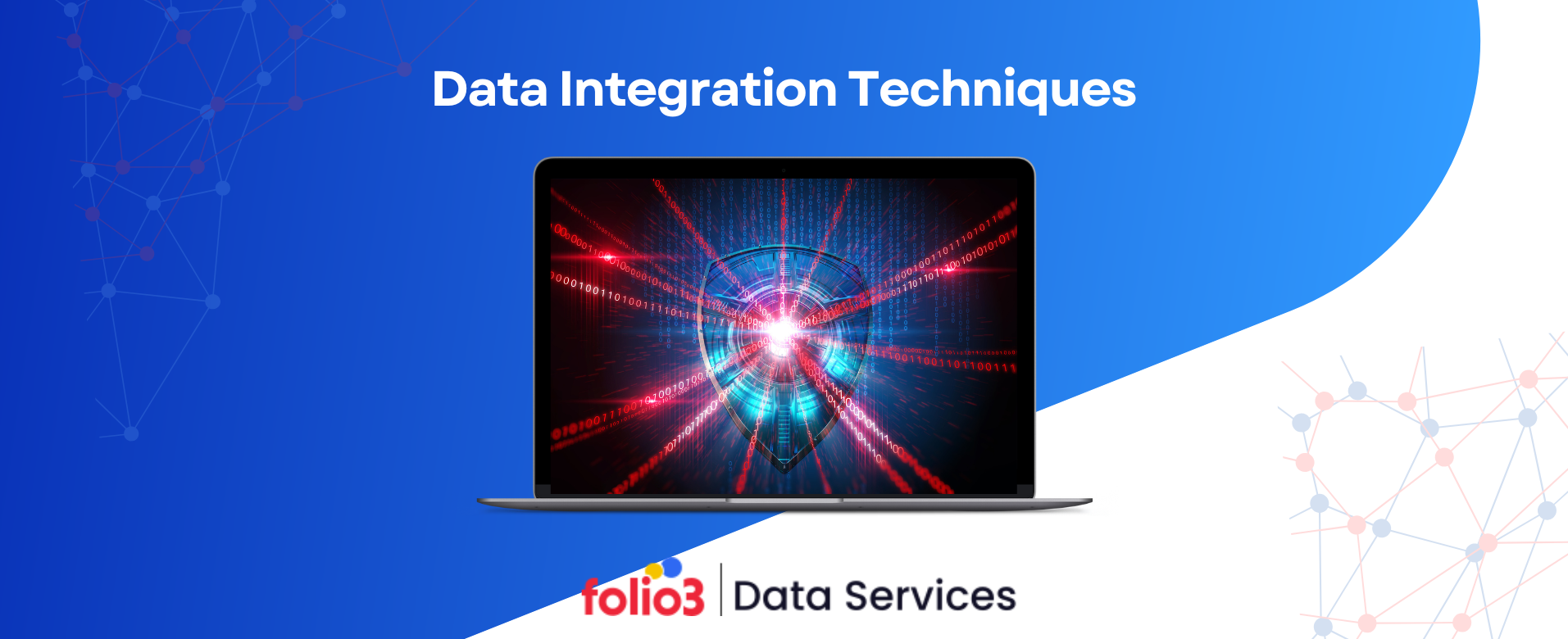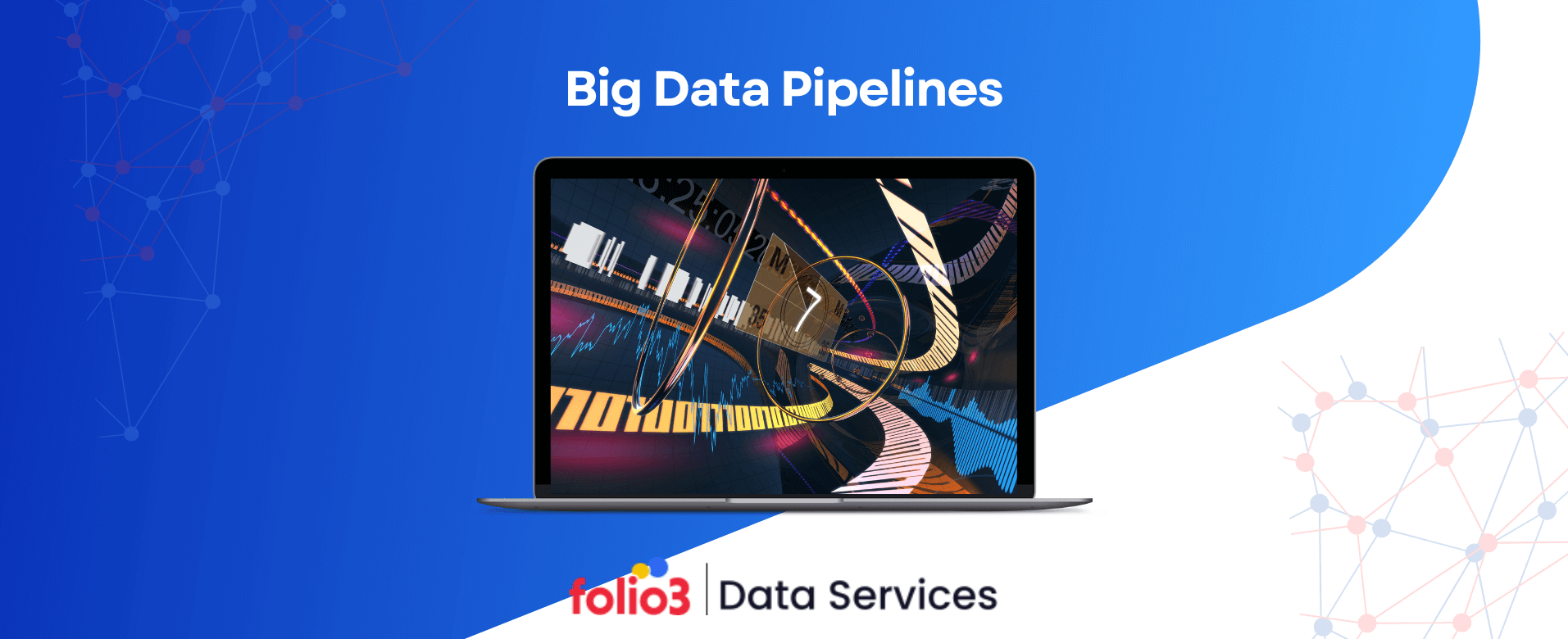Data is more than just a byproduct of business operations; it has become a crucial strategic asset for retailers. With the vast amounts of data generated from customer interactions, sales transactions, and inventory management, retailers have a unique opportunity to monetize this information.
Retail data monetization involves transforming raw data into valuable insights and new revenue streams. This article will explore practical strategies for retailers to monetize their data, enhance customer experiences, and maintain a competitive edge in a rapidly evolving market.
What is Retail Data Monetization?
Retail data monetization refers to extracting financial value from vast data retailers generate. Retailers accumulate large volumes of data through customer transactions, online interactions, inventory management, supply chains, and other touchpoints.
When utilized strategically with guidance from a data strategy consultant, this data can become a goldmine, offering insights that can be monetized in multiple ways. In retail, data monetization involves converting raw data into actionable insights or products with measurable economic value. The most common methods include:
- Selling Data or Insights to Third Parties: Retailers often collaborate with third-party companies, such as manufacturers, market researchers, or advertisers interested in Customer Analytics Consulting. These partners seek insights into consumer behavior, preferences, and market trends. By aggregating and anonymizing their data, retailers can sell insights on customer shopping habits, popular products, demand patterns, and geographical trends. This exchange provides valuable market intelligence that helps other businesses make data-driven decisions.
- Improving Internal Operations and Efficiency: While the primary goal of data monetization is financial gain, retailers also generate value by using data internally. For instance, big data and knowledge management in retail can significantly enhance operational efficiency, including more accurate demand forecasting, inventory management, and supply chain optimization. This operational efficiency results in cost savings, improved margins, and higher profits.
- Enhancing Customer Experience Through Personalization: Personalized marketing and customer experiences are key to retail success in today’s competitive market. By analyzing consumer behavior and purchase patterns, retailers can deliver personalized recommendations, targeted promotions, and tailored shopping experiences, increasing sales and fostering customer loyalty. Personalization enhances the overall customer experience and indirectly monetizes data by driving higher conversion rates and customer retention.
- Developing New Products or Services: Retailers can use data insights to identify market trends and customer preferences, which inform the development of new products, services, or subscription models. For example, turning data into actionable insights can inform new product development or subscription models that align with emerging consumer demands, allowing retailers to introduce lines that cater to specific needs and preferences.
Why Retailers Should Consider Data Monetization?
Retailers are sitting on valuable information that can significantly impact their business success. Beyond driving sales, the data collected from customer transactions, inventory management, and online interactions holds immense potential for generating new revenue streams and improving overall business operations.
With the support of data engineering services, retailers can effectively harness and structure this data for monetization, turning insights into strategic advantages. Let’s explore why retailers should consider data monetization and how it can lead to greater profitability, enhanced customer experiences, and a solid competitive edge in the marketplace:
1. New Revenue Streams
Monetizing retail data opens the door to new revenue opportunities. Retailers can create additional income by selling aggregated data insights to suppliers, market researchers, or competitors. For example, a grocery chain could provide anonymized shopping habits and preferences data to food manufacturers, helping them tailor their products and marketing strategies more effectively.
2. Enhanced Customer Experience
Retailers can gain deeper insights into customer preferences and behaviors through data monetization. By analyzing this data, retailers can offer personalized shopping experiences, targeted promotions, and customized recommendations that resonate with individual customers. This improves customer satisfaction and fosters loyalty, leading to increased sales and long-term profitability.
3. Competitive Advantage
In an increasingly competitive market, data-driven decision-making is essential for staying ahead. Retailers that effectively monetize their data can differentiate themselves from competitors by quickly adapting to market trends and consumer demands. Data analytics can reveal valuable insights that guide product development, inventory management, and marketing strategies, ultimately positioning the retailer as a market leader.
How to Start Monetizing Retail Data?
Monetizing retail data can unlock tremendous value but requires a structured approach. Retailers must first have a solid data collection and management foundation, ensure compliance with security regulations, and build strategic partnerships to maximize the potential of their data.
Below are the essential steps to begin monetizing retail data:
1. Data Collection & Management
The first step in data monetization is ensuring that retailers collect relevant and actionable data. This includes customer purchasing behavior, browsing patterns, demographics, loyalty program information, and more.
The data must be organized, stored, and managed efficiently using modern technologies like data lakes, cloud storage, and analytics tools. Clean and well-organized data is crucial for extracting valuable insights and making it useful for monetization.
2. Ensuring Data Security & Compliance
Retailers handle sensitive information such as customer identities, payment details, and purchase histories. To monetize data responsibly, retailers need to ensure that data security measures, such as encryption and access controls, are in place to prevent breaches or unauthorized access.
Additionally, compliance with data protection regulations like GDPR and CCPA is critical. Failing to secure or comply with regulations can result in legal consequences, loss of customer trust, and harm to brand reputation.
3. Building Partnerships & Collaborations
Retailers can partner with third-party companies, such as consumer brands or analytics firms, interested in using retail insights to improve their marketing or product development. These collaborations allow retailers to sell data or provide actionable insights based on the collected data.
For example, partnering with brands to help them better understand consumer preferences or collaborating with logistics companies to optimize delivery routes can create profitable opportunities.
4. Developing a Data Monetization Strategy
A well-defined data monetization strategy is crucial for success. Retailers should assess their data assets, identify potential monetization opportunities, and set clear objectives. This strategy should include key performance indicators (KPIs) to measure the effectiveness of monetization efforts and ensure continuous improvement.
Challenges and Risks in Retail Data Monetization
While retail data monetization offers significant potential for new revenue streams and enhanced customer experiences, it comes with several challenges and risks. Retailers must address these concerns to ensure a successful and sustainable data monetization strategy. Below are the key challenges and risks involved:
1. Data Privacy Concerns
As data monetization becomes more prevalent, concerns about data privacy and consumer consent are heightened. Retailers must navigate these challenges carefully to ensure that data is collected and utilized ethically and maintain transparency with customers about how their information is used.
2. Data Quality & Integration
High-quality data is essential for successful monetization. Retailers must invest in processes that ensure data accuracy and integrity while integrating data from various sources to create a comprehensive view of customer behavior. Data quality can lead to misguided insights and effective monetization strategies.
3. Ethical Considerations
Retailers must approach data monetization with ethical considerations. This includes respecting customer privacy, avoiding intrusive marketing practices, and ensuring data insights are used responsibly. Building trust with consumers is vital for long-term success in data monetization.
Conclusion
Retail data monetization presents significant opportunities for retailers to enhance profitability, improve customer experiences, and maintain a competitive advantage. Partnering with Folio3 Cloud and Data Services can help you effectively manage data collection, ensure compliance and security, and develop strategic partnerships so retailers can unlock the value of their data assets.
However, thoughtfully navigating the associated challenges is essential. Prioritizing data privacy and ethical considerations will build lasting customer trust. As the retail landscape evolves, embracing data monetization will be crucial for future success.



